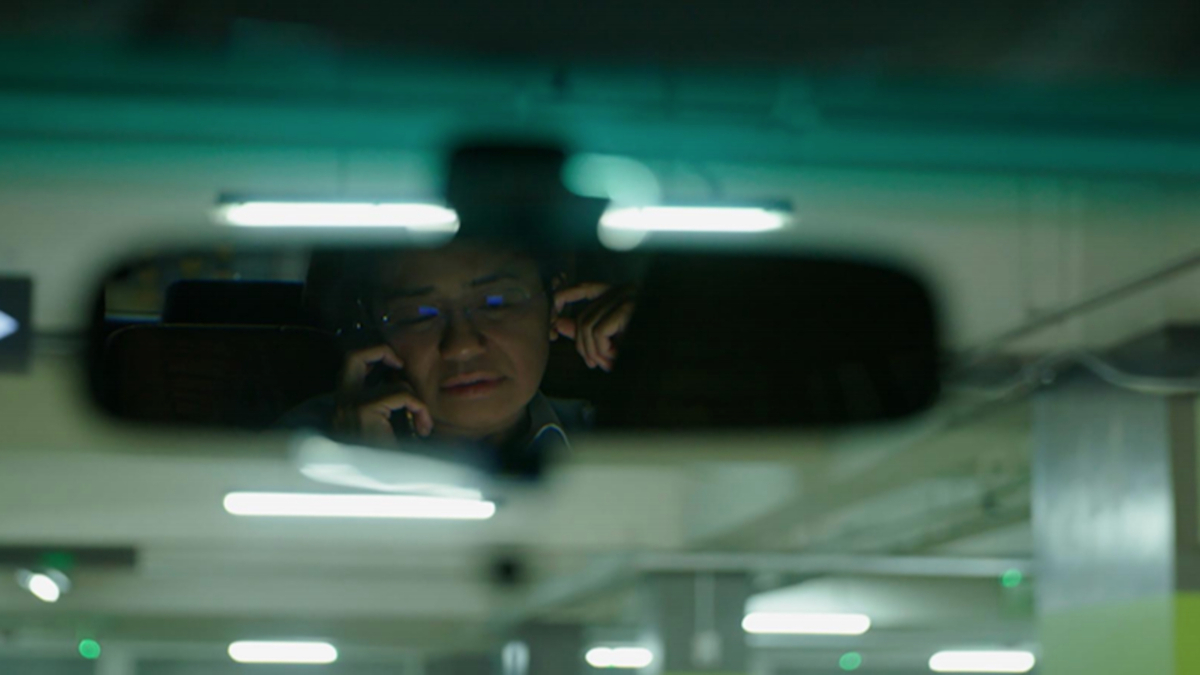Written By: Demi Guo
“A Thousand Cuts” is a necessary watch for those who want to understand what “fake news” means — and how it goes beyond the United States’ borders. It follows Maria Ressa, a Filipino American journalist, in her fight against disinformation.
The story is timely. It brings context to something most watchers have undoubtedly come across on social media: That adjacent to the George Floyd protests that flared up this summer, Filipinos were reminding each other to “junk the Anti-Terror Bill.”
The short of it is that both countries have seen a wave of civil rights movements against governments that seek to control information in the age of the Internet. “Fake news” is not just a Trumpism, but a universal tactic. “A Thousand Cuts” covers, in excruciating detail, the spread of disinformation and antagonization of the press under the Philippine president, Rodrigo Duterte.
“They test the tactics of how to manipulate America in our country,” Ressa explains in the documentary. “If it works, they ‘port’ it over to the rest of the world.”
Ressa creates diagrams to show how she tracks posts with a nationalistic flair back to their users, then finds out how many other users they influence. The goal is to track the source of these users and find out how many are bots. The posts often glorify the great protagonist Duterte, who’s facing down reporters trying to slander him.
As a journalist who graduated from the School of Journalism at Stony Brook, I started my career in an environment that is plagued by these forces behind social media. Twitter and Facebook are invaluable sources of information from primary and secondary sources, but bots just as easily sway public opinion with rhetoric meant to invoke an emotional reaction instead of regard for fact.
That’s how it becomes personal. Multiple posts call for Ressa’s arrest. She actually was arrested in 2019 for “cyberlibel.” The backdrop of the story is Duterte’s hard stance on the war on drugs, but the documentary focuses on the tangential issue of how he influences his followers.
My concern is that I am blindsided by my training as a journalist: Would the moving parts of this issue be easy for a casual watcher to understand? “A Thousand Cuts” has been invaluable in understanding the timeline of how we got here: How the Philippines struggled with the war on drugs, and Duterte offered a solution. How that spiraled into a government that wants to keep a tight leash on rhetoric against them. How exactly they manipulate public opinion with the wild wild west that is social media. But it was easy for me to follow because I am familiar with the environment of how politics operate in social media. For a layman, it may be a whole different world they have yet to acquaint themselves with, much less understand.
My suggested point of reference — in order to make understanding the anatomy of information easier — is Mocha Uson, the “Queen of Fake News.” In “A Thousand Cuts,” she herself narrates her rise to fame: The youthful, tech-savvy music artist who becomes one of the most-read bloggers in the Philippines. She uses her social media presence to publicly support Duterte’s anti-drug campaign and antagonize local news media. She even coins the term “presstitutes” — an amalgamation of “press” and “prostitute.”
However, the documentary shows her profound, human side. She is motivated by the effects of the drug war on her own family. The takeaway from her tearful anecdote is clear: She is another Philippine citizen who wants to see an end to the drug war, and for many supporters like her, Duterte is the answer. How the Philippines got here is exemplified in Uson’s rise to her position in Duterte’s communications offices.
Through a thousand cuts of footage (and more), these humans who make up the story are mapped out to explain the trail of disinformation and politics that led the Philippines here. But it also tells us how this situation is universal. It’s a necessary watch for everyone, and my only concern is that people who don’t normally watch documentaries are missing out on something that’s relevant to our current socio-political climate.
Maybe there should be other mediums that explain the situation in bite-sized pieces, or through a fictional film set in this modern-day backdrop. That’s how much I think talking about the technology of information is necessary.
But until then, “A Thousand Cuts” painstakingly documents a real-life situation, and therefore brings new understanding to how we are affected by technology in our everyday lives. In the 21st century, that is required viewing.
“A Thousand Cuts” is screening at the 43rd Asian American International Film Festival, sponsored by Nicole Ponseca + Jeepney. Ticket and screening information can be found here. Director Ramona Diaz will also be holding a masterclass on October 10th.

